Why gender could become an issue at the Rio Olympics
Changes to IOC regulations have caused the debate over transgender competitors to intensify
A free daily email with the biggest news stories of the day – and the best features from TheWeek.com
You are now subscribed
Your newsletter sign-up was successful
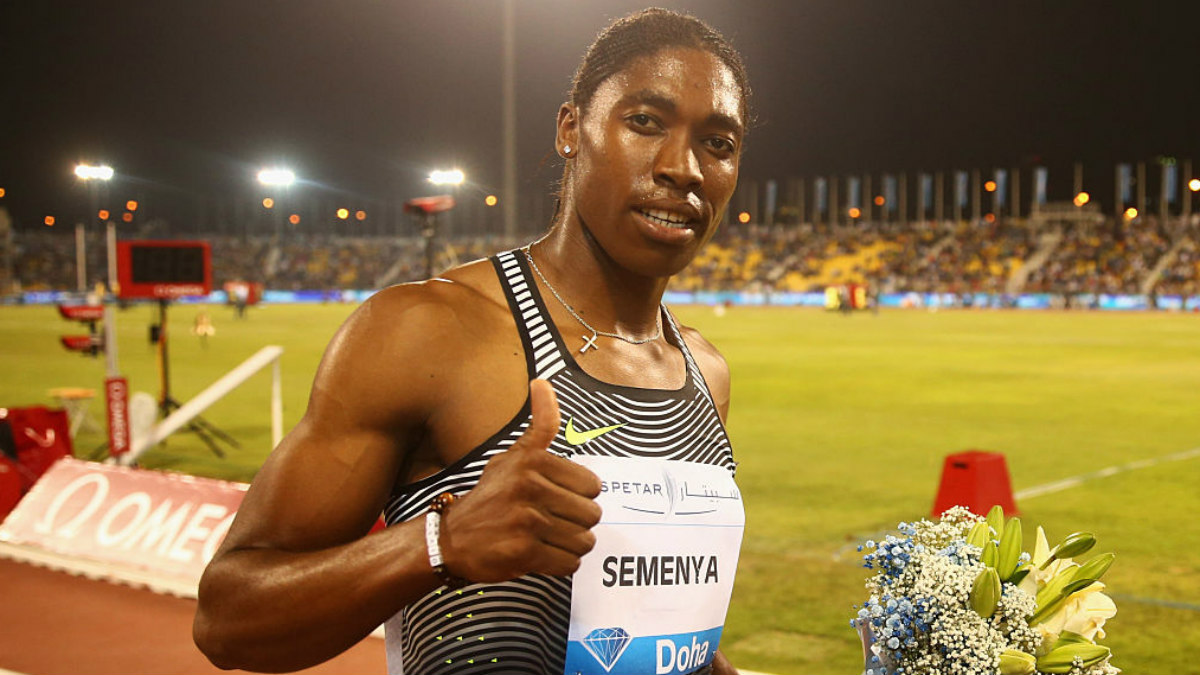
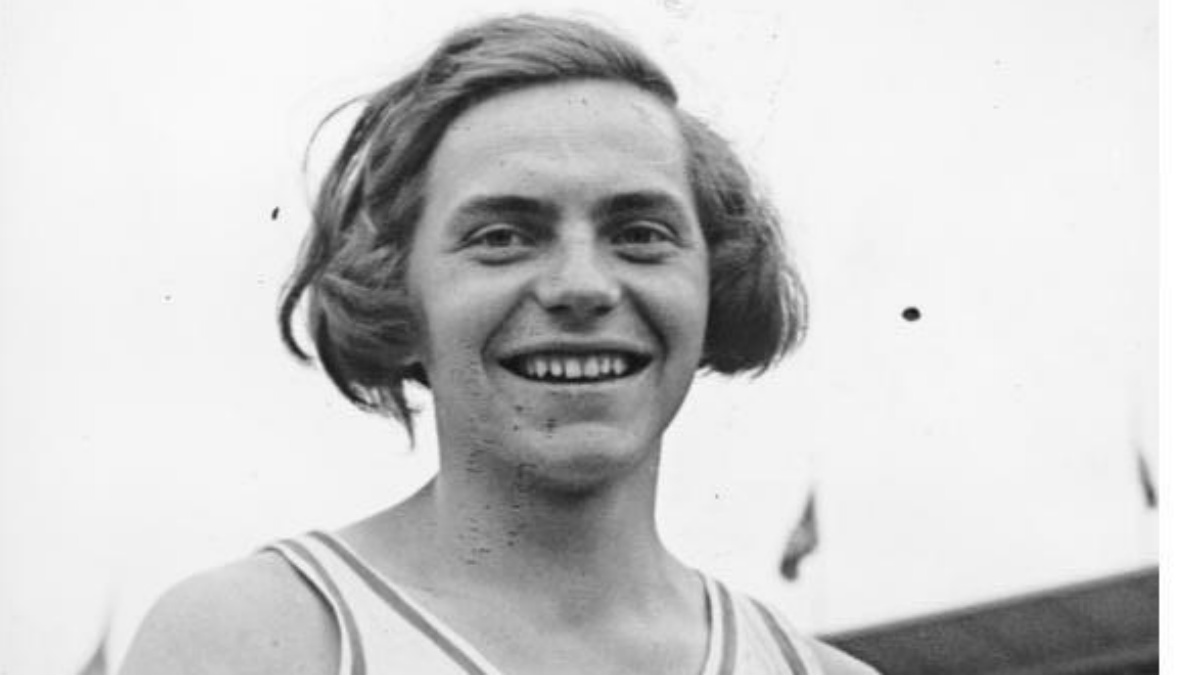
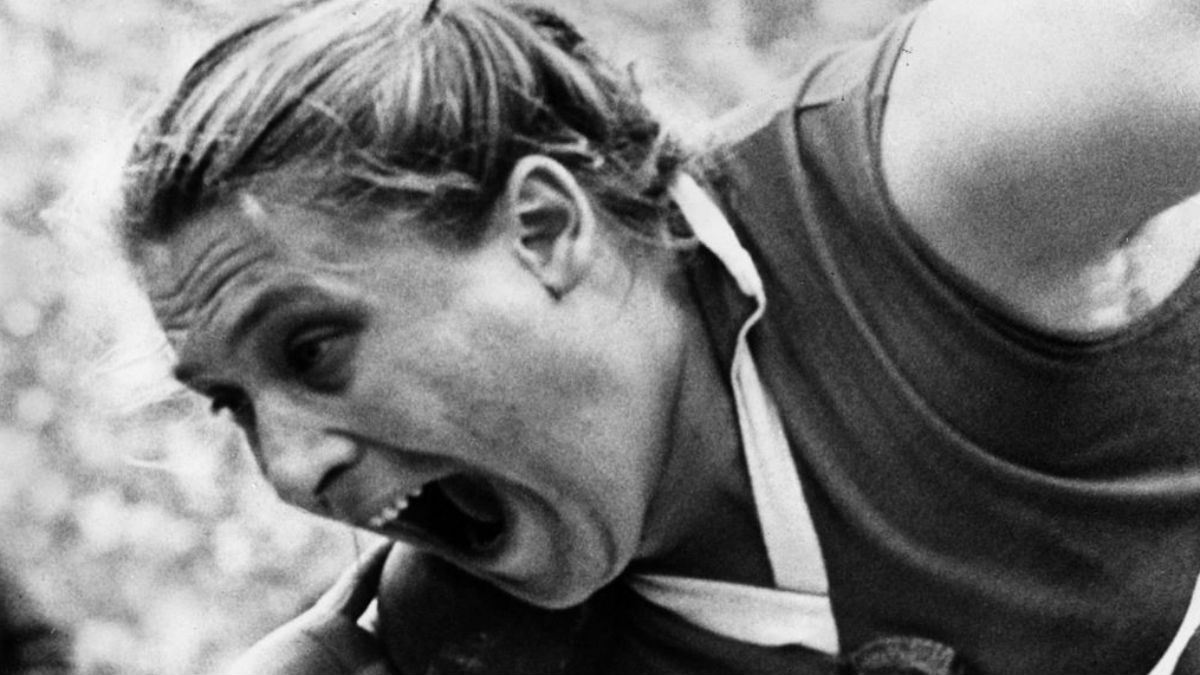
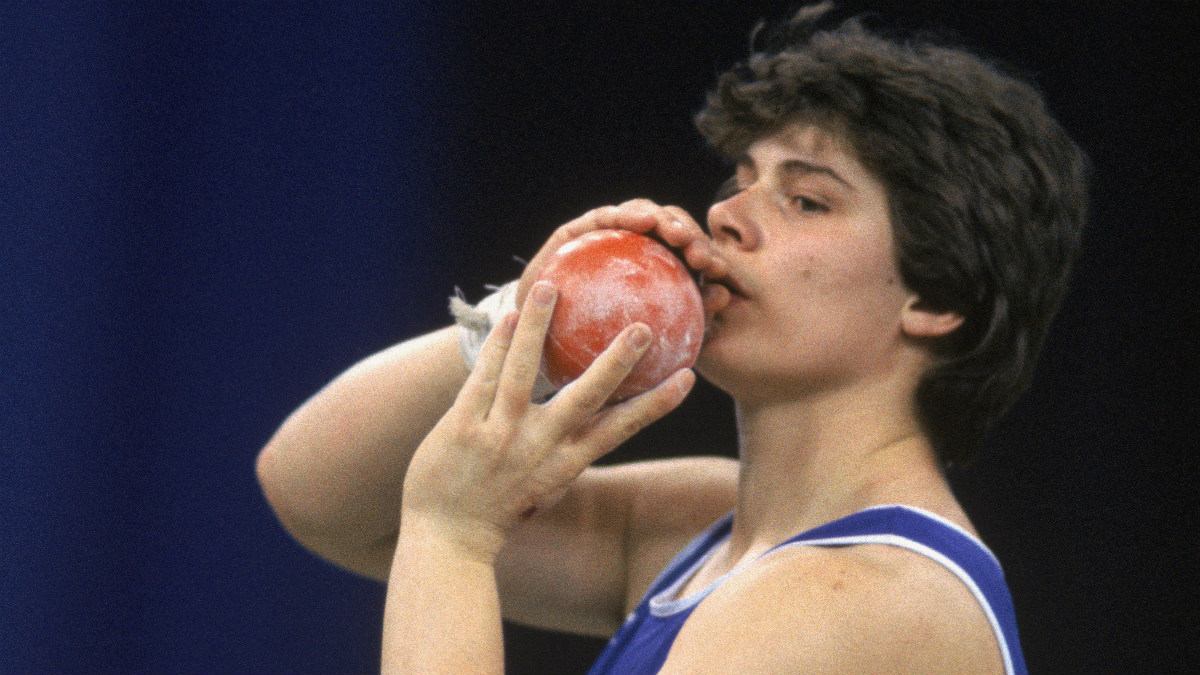
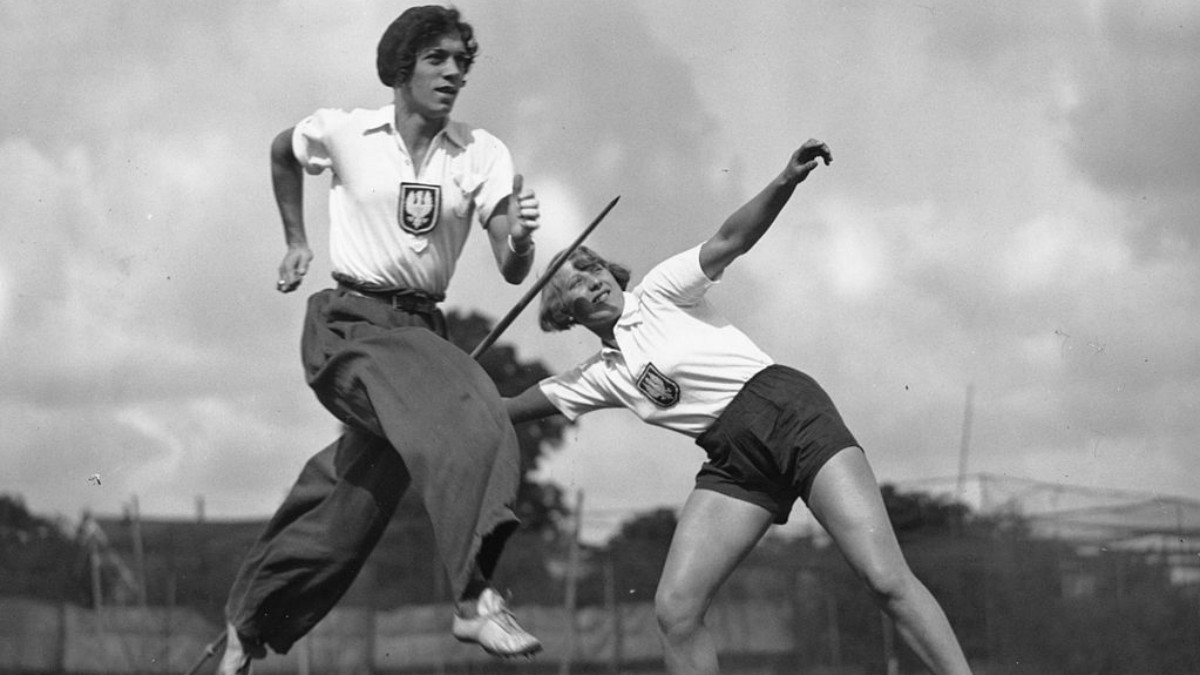
In 2009, South African runner Caster Semenya was forced to undergo gender testing after widespread incredulity over her improved times in both the 1,500m and 800m and her victory in the latter distance at that year's World Championships.
She was cleared, but the incident shone a spotlight on the sensitive question of gender in athletics.
The question could rear its head once again at this year's Olympics, which will be the first since the IOC relaxed regulations on transgender athletes. Female-to-male athletes can compete "without restriction", while male-to-female athletes must undergo hormone therapy.
The Week
Escape your echo chamber. Get the facts behind the news, plus analysis from multiple perspectives.

Sign up for The Week's Free Newsletters
From our morning news briefing to a weekly Good News Newsletter, get the best of The Week delivered directly to your inbox.
From our morning news briefing to a weekly Good News Newsletter, get the best of The Week delivered directly to your inbox.
Under the previous guidelines, approved in 2003, athletes who transitioned from male to female or vice versa were required to have reassignment surgery followed by at least two years of hormone therapy in order to be eligible to compete.
Former IOC medical commission chairman Arne Ljungqvist, who was among the experts involved in drafting the new guidelines, said the consensus was driven by social and political changes.
"It has become much more of a social issue than in the past," he told Associated Press. "We had to review and look into this from a new angle. We needed to adapt to the modern legislation around the world. We felt we cannot impose a surgery if that is no longer a legal requirement."
"Those cases are very few, but we had to answer the question," he added. “It is an adaptation to a human rights issue. This is an important matter. It's a trend of being more flexible and more liberal."
A free daily email with the biggest news stories of the day – and the best features from TheWeek.com
Some have argued that the new regulations actually disadvantage those who were born female. In an article for the National Review, Paul Crookston says it is "simply inconceivable that athletes who have spent most of their lives as men wouldn't have greater muscle mass, skeletal growth and lung capacity than someone born female even after undergoing the hormone treatments the IOC requires, which halt male development without entirely reversing it."
If Semenya wins the 800m in Rio, "I think we're going to be seeing another public reaction to her accomplishments," Myron Genel, a Yale paediatric endocrinologist, told website FiveThirtyEight.
Semenya is not the first athlete to be questioned over her gender, here are four more examples of athletes who have found themselves under scrutiny.
Stella Walsh:

Dora Ratjen:

Heidi Krieger:

Tamara and Irina Press:

-
 How the FCC’s ‘equal time’ rule works
How the FCC’s ‘equal time’ rule worksIn the Spotlight The law is at the heart of the Colbert-CBS conflict
-
 What is the endgame in the DHS shutdown?
What is the endgame in the DHS shutdown?Today’s Big Question Democrats want to rein in ICE’s immigration crackdown
-
 ‘Poor time management isn’t just an inconvenience’
‘Poor time management isn’t just an inconvenience’Instant Opinion Opinion, comment and editorials of the day
-
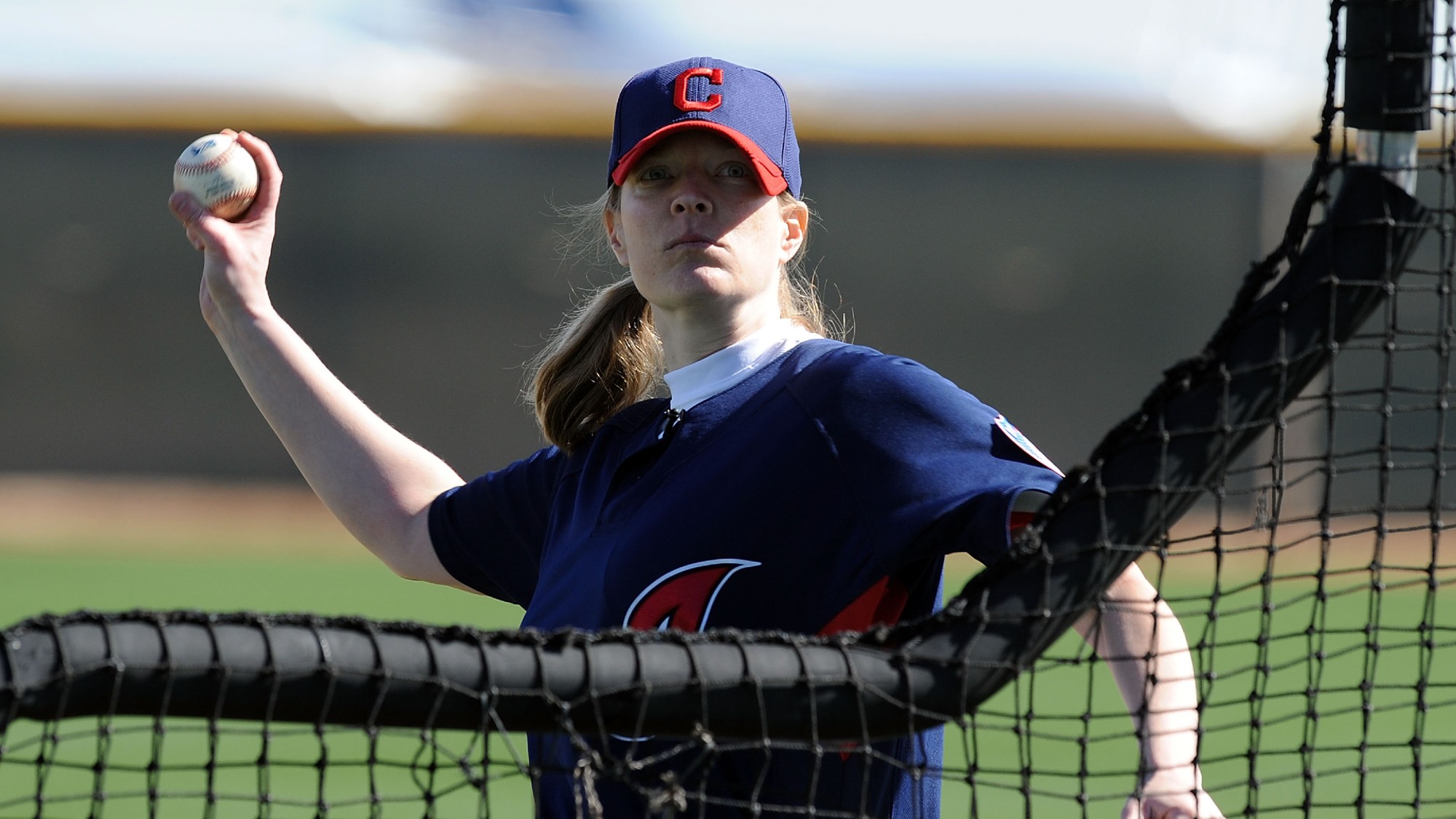 Women are getting their own baseball league again
Women are getting their own baseball league againIn the Spotlight The league is on track to debut in 2026
-
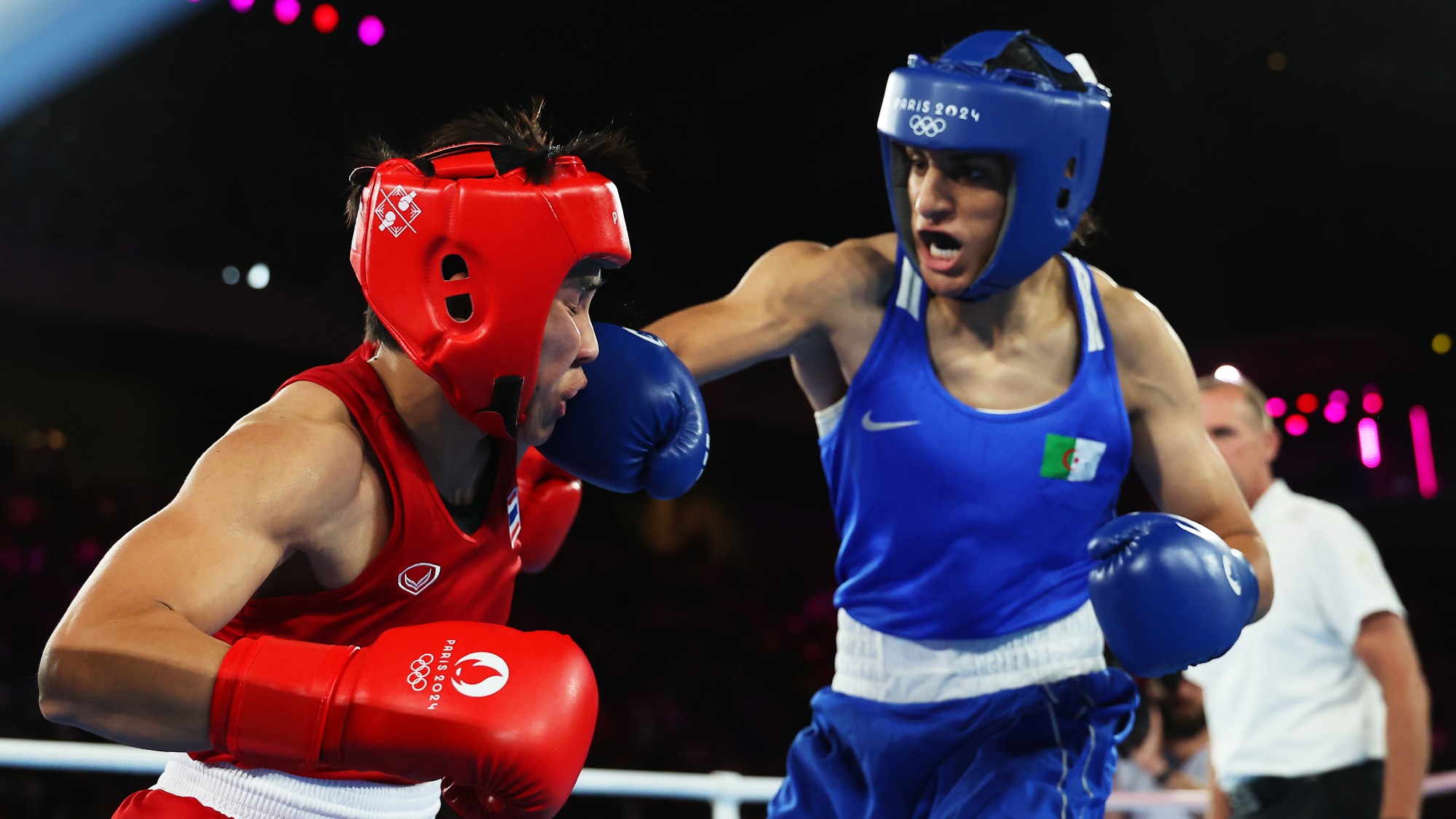 Boxing at the Olympics: the row over sexual differences
Boxing at the Olympics: the row over sexual differencesTalking Point Controversy over Imane Khelif and Lin Yu-ting shines a spotlight on the murky world of gender testing – and the IOC's inaction
-
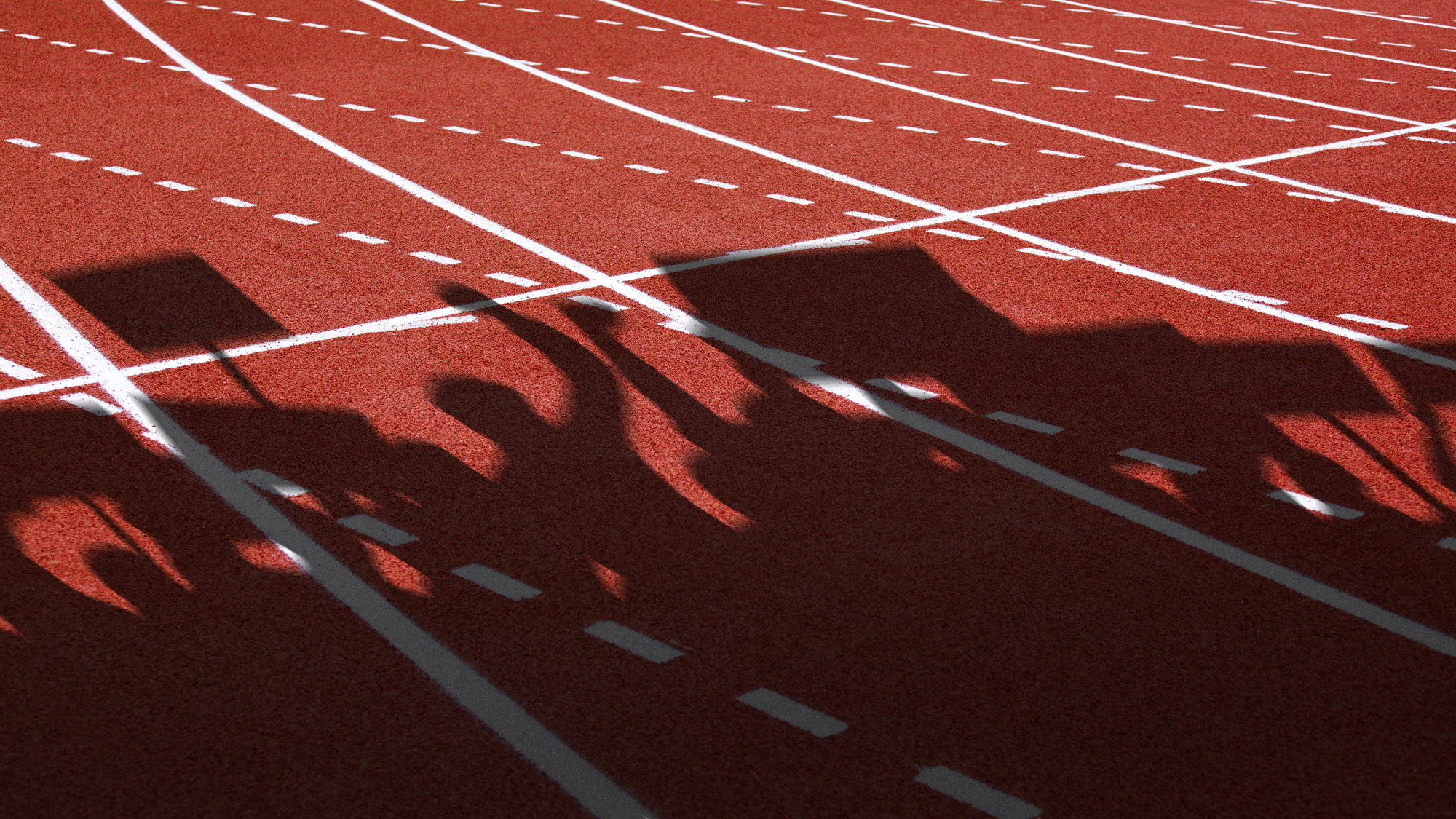 Has geopolitical wrestling overshadowed the Olympics?
Has geopolitical wrestling overshadowed the Olympics?Today's Big Question Global political tensions and culture war issues have loomed large in Paris
-
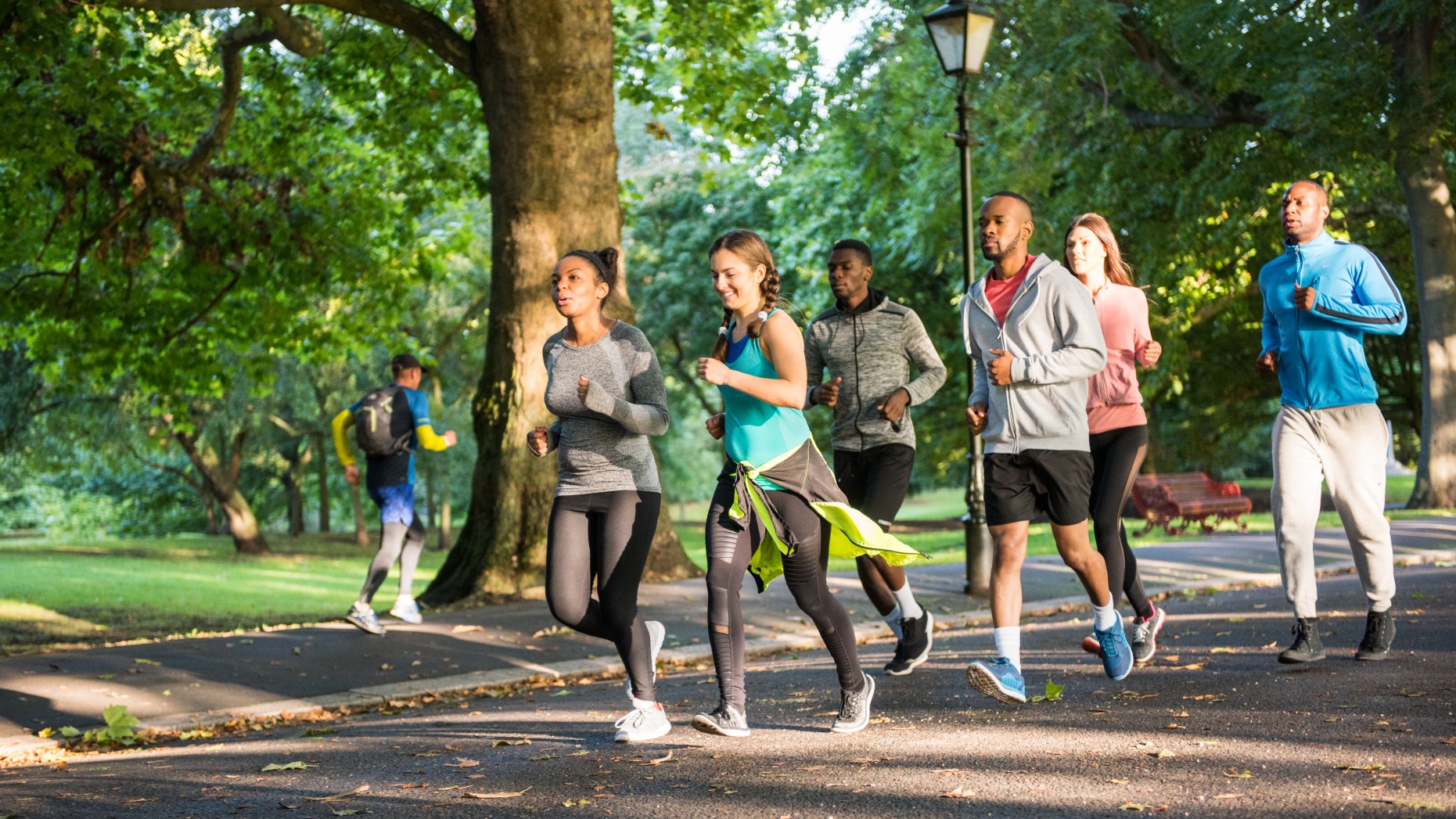 The Parkrun records row
The Parkrun records rowIn the Spotlight Weekly fun run deletes historic comparative data from website amid row over trans participants
-
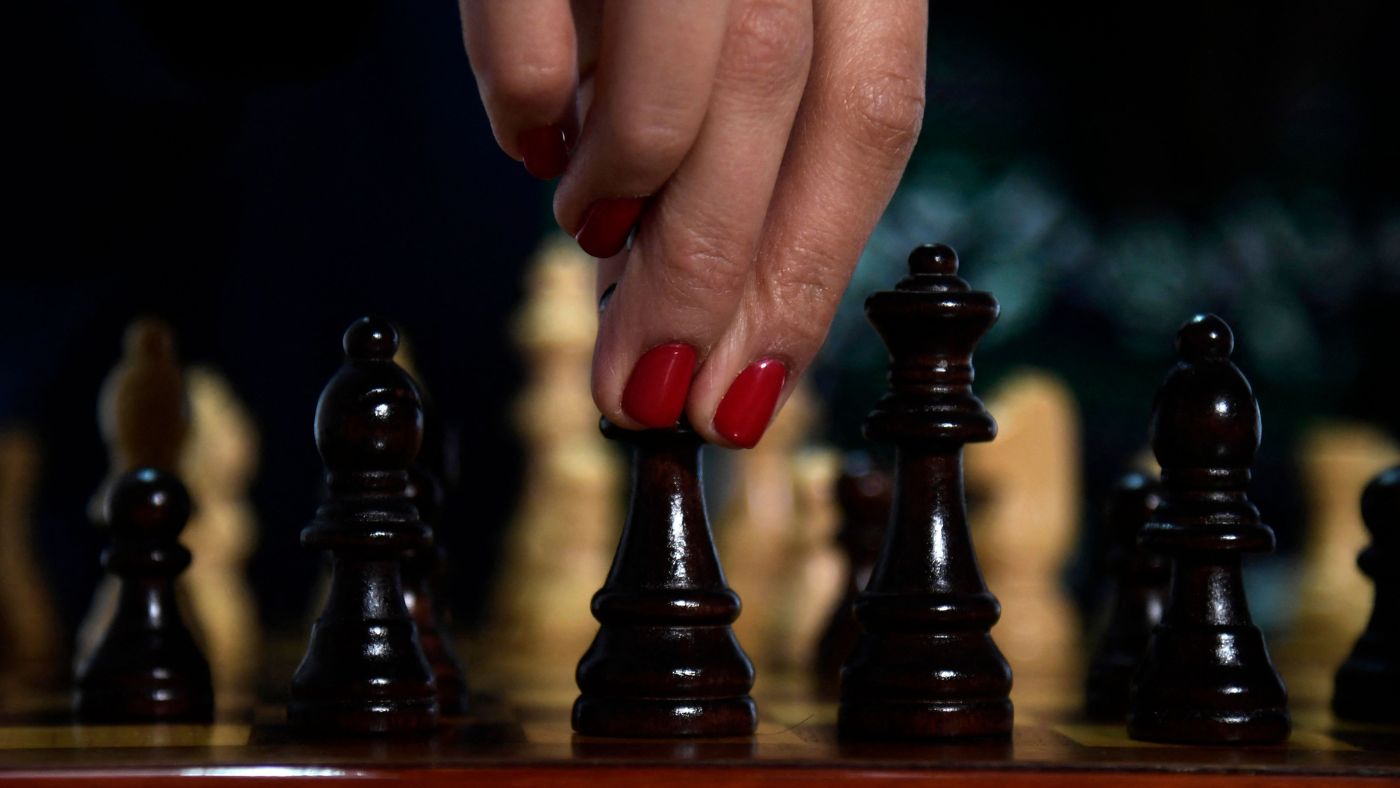 Chess and trans rights: another pawn in the culture war?
Chess and trans rights: another pawn in the culture war?Talking Point Several national chess federations have announced they will not be adhering to the international governing body’s new restrictions on trans players
-
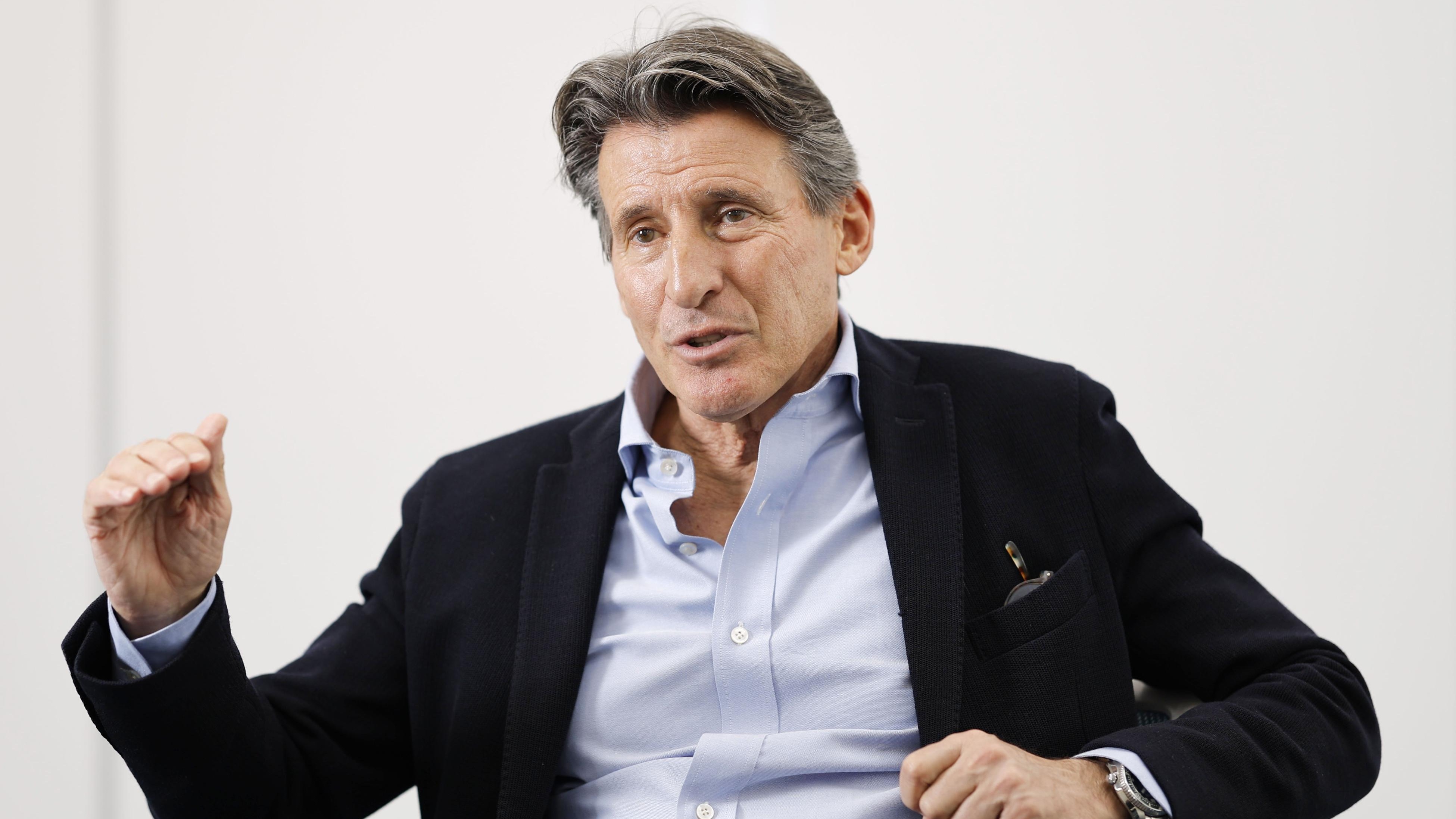 Trans athletes ruling: ‘return to sanity’ or unleashing ‘forces of hate’?
Trans athletes ruling: ‘return to sanity’ or unleashing ‘forces of hate’?Talking Point The president of World Athletics, Lord Coe puts emphasis on ‘the integrity of the female category’
-
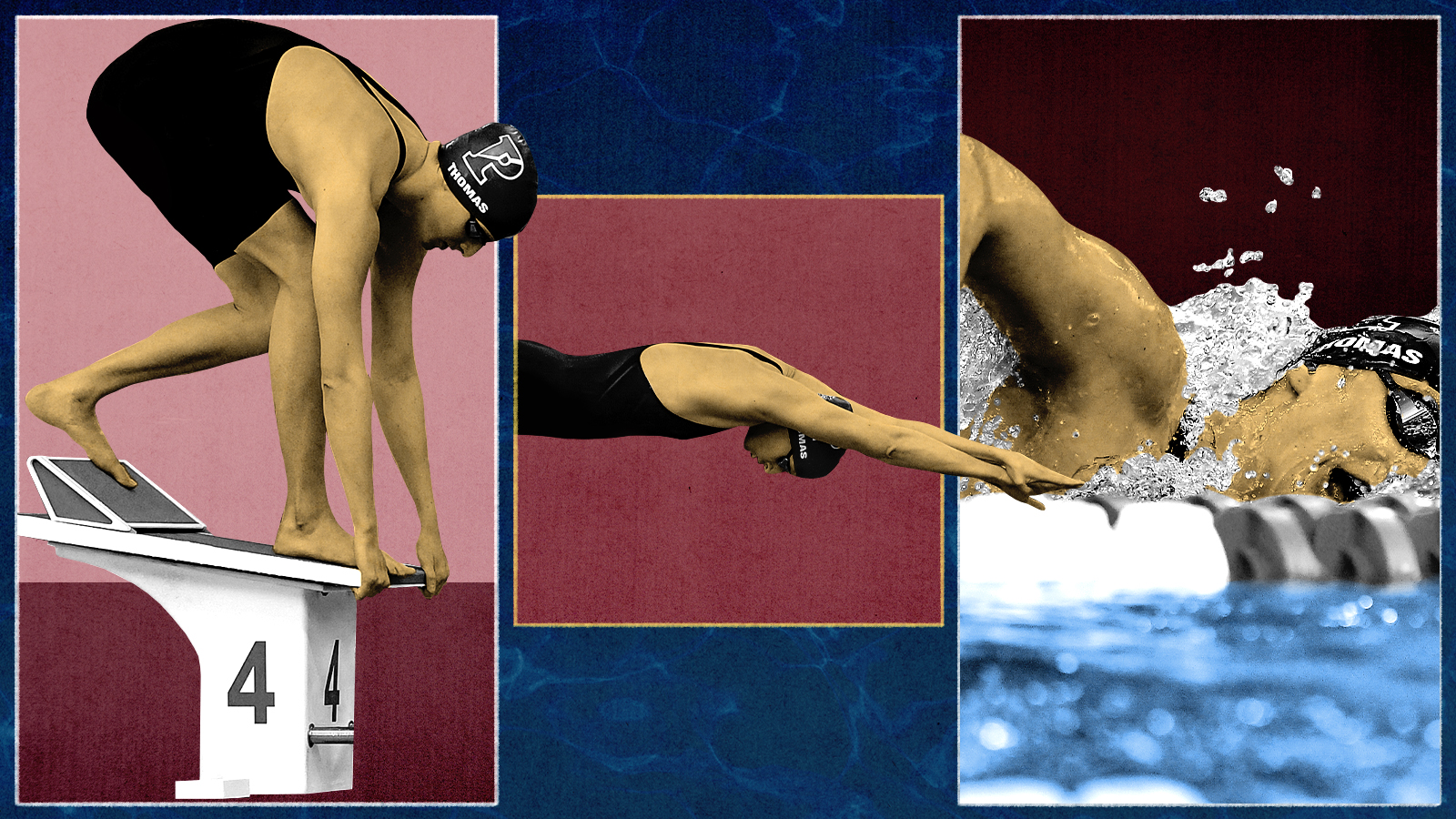 Is banning transgender athletes from women's swimming fair?
Is banning transgender athletes from women's swimming fair?opinion The sharpest opinions on the debate from around the web
-
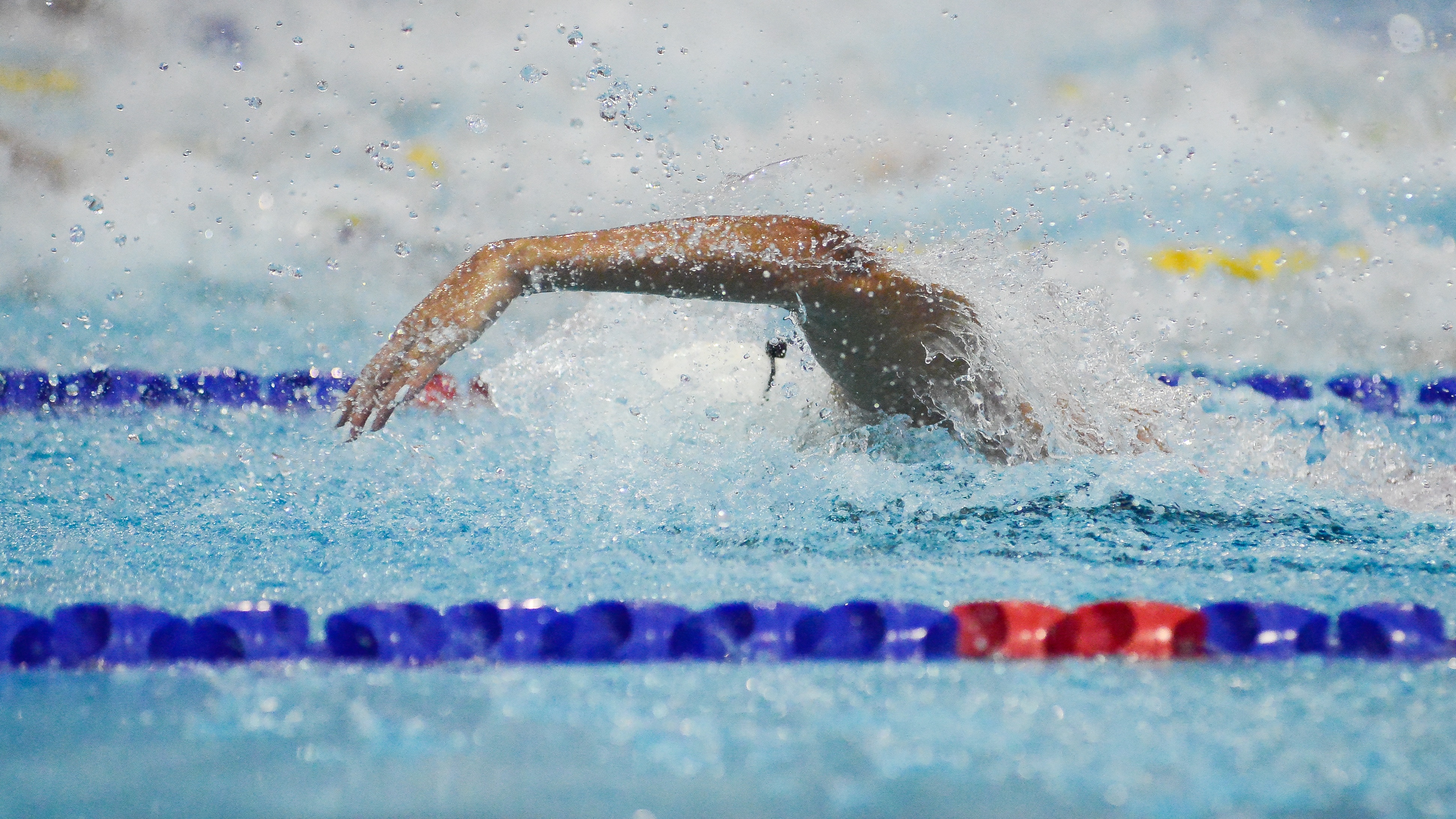 Swimming’s governing body bans trans athletes from elite women’s races
Swimming’s governing body bans trans athletes from elite women’s racesTalking Point Fina may introduce an ‘open’ category to allow trans swimmers to compete at highest level